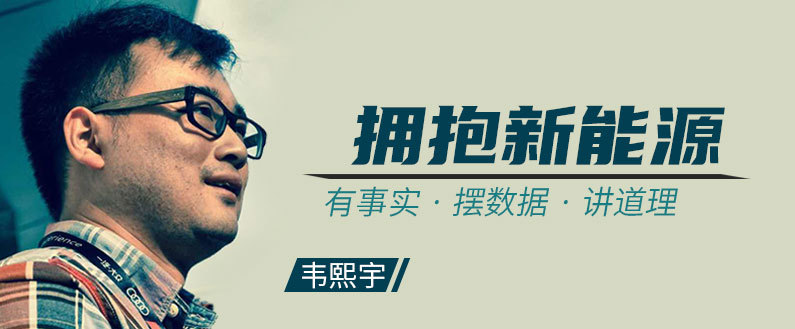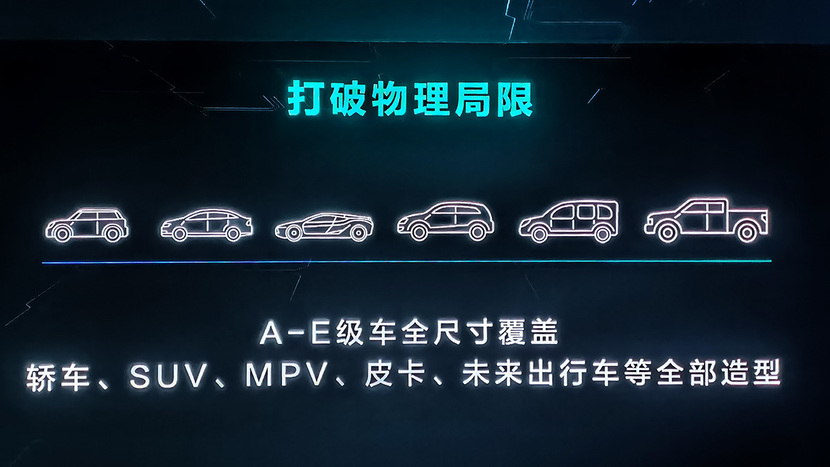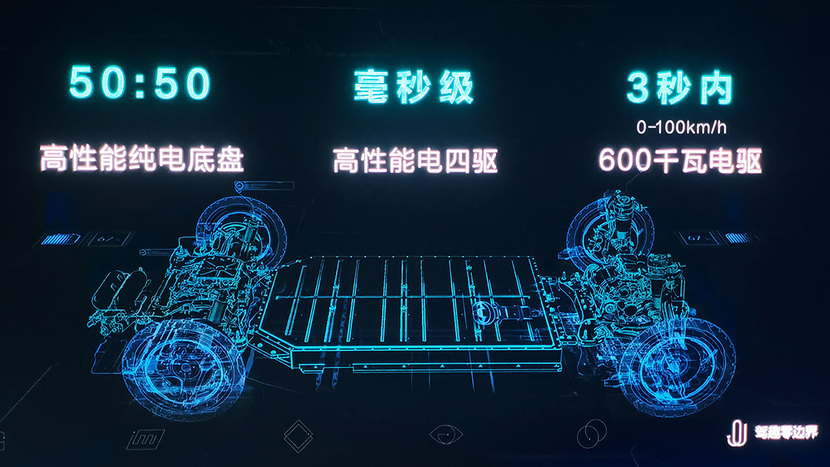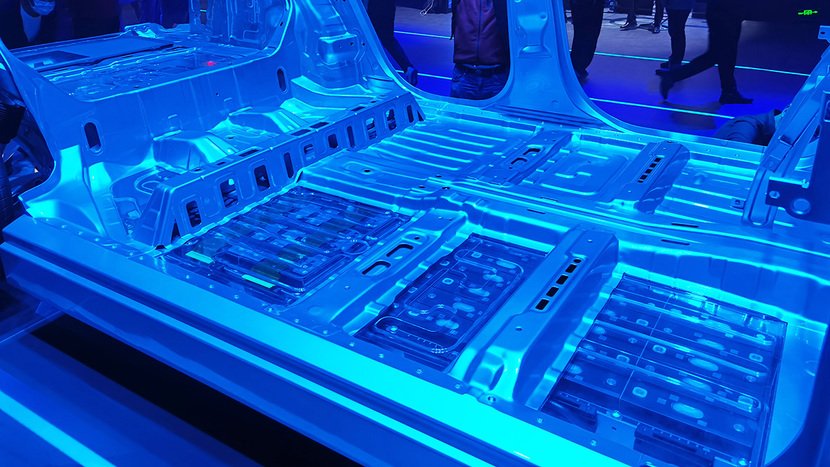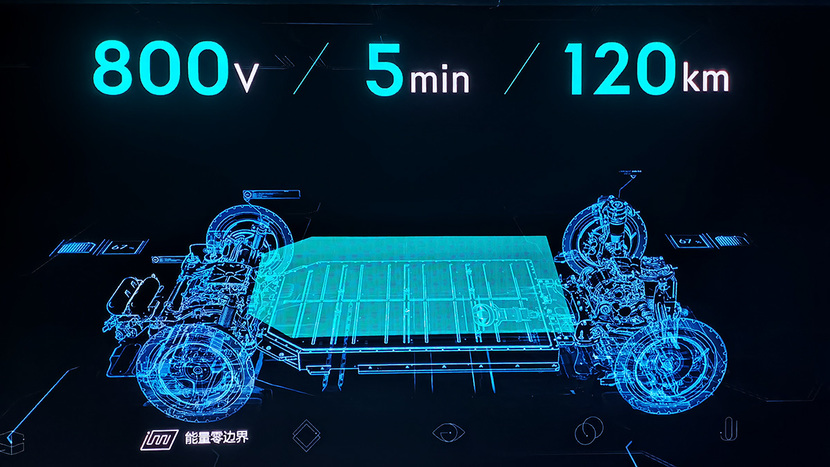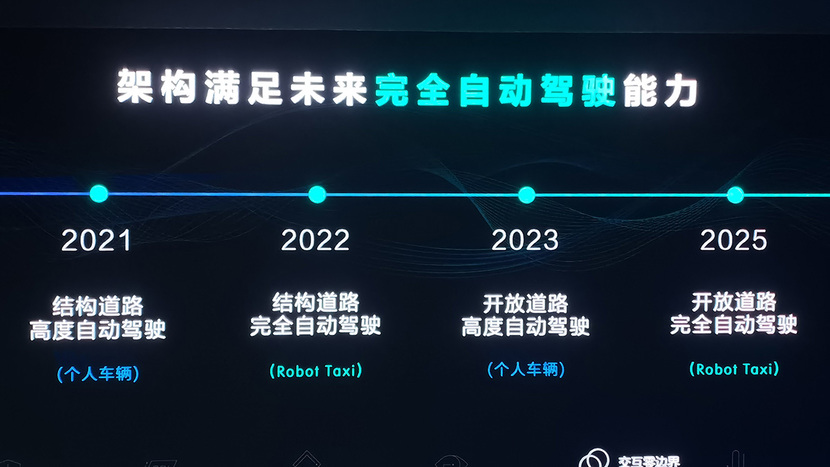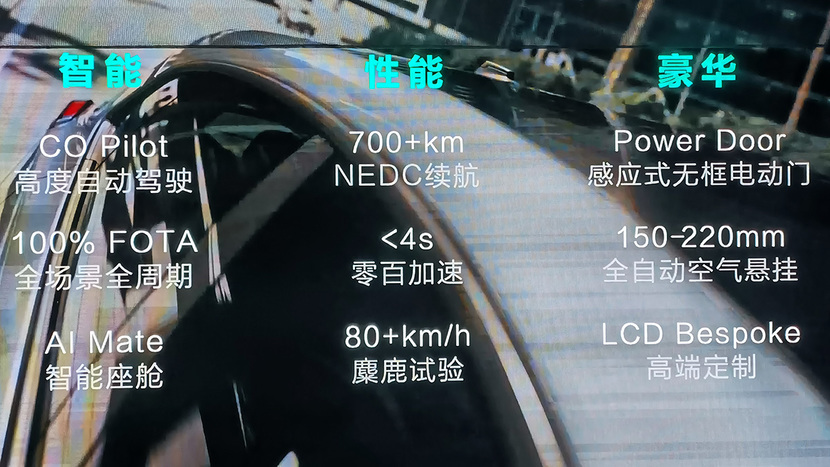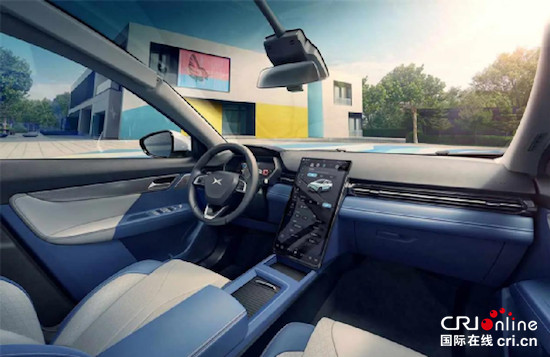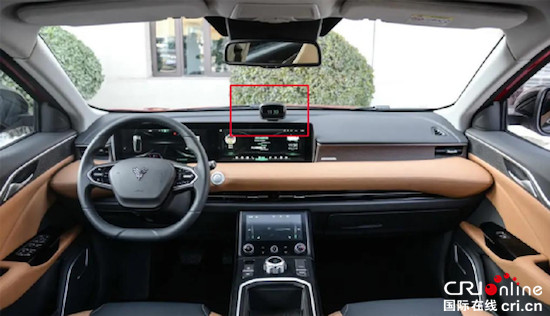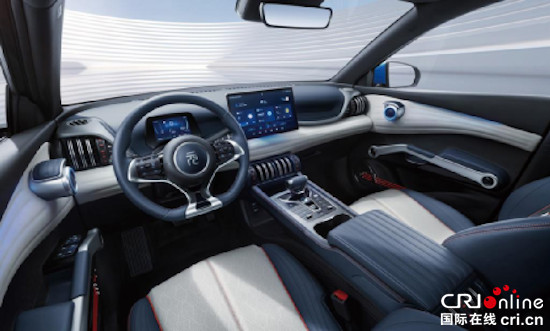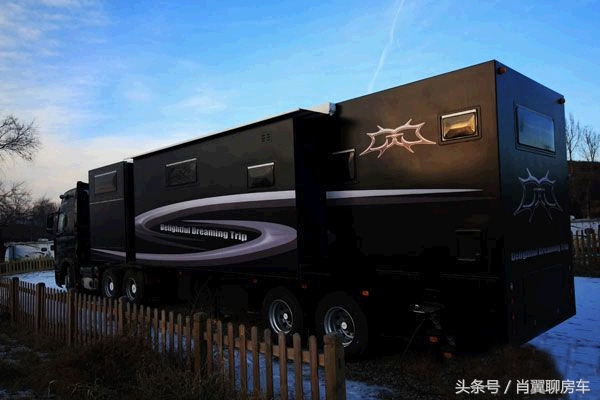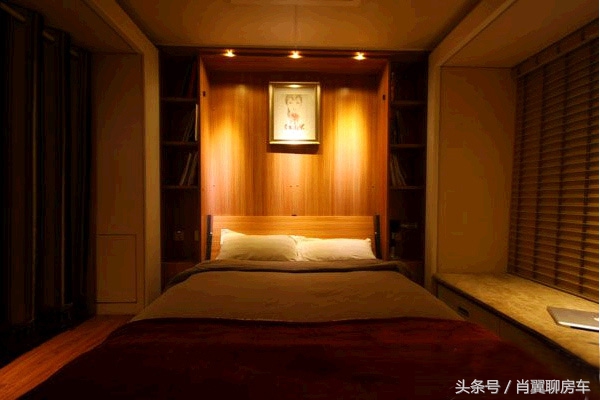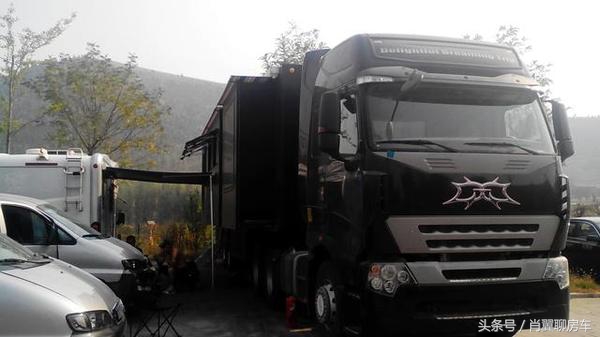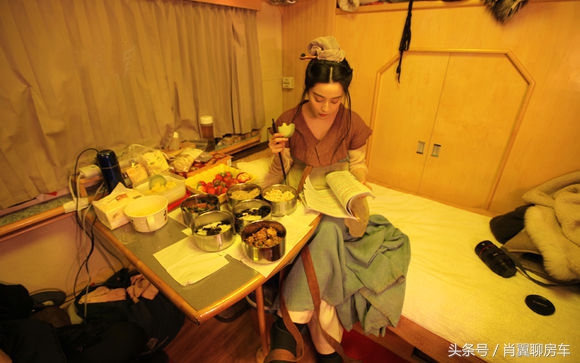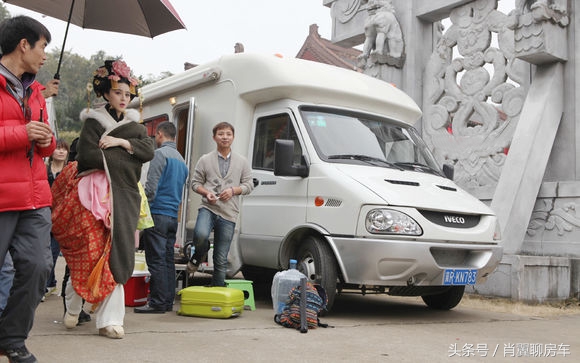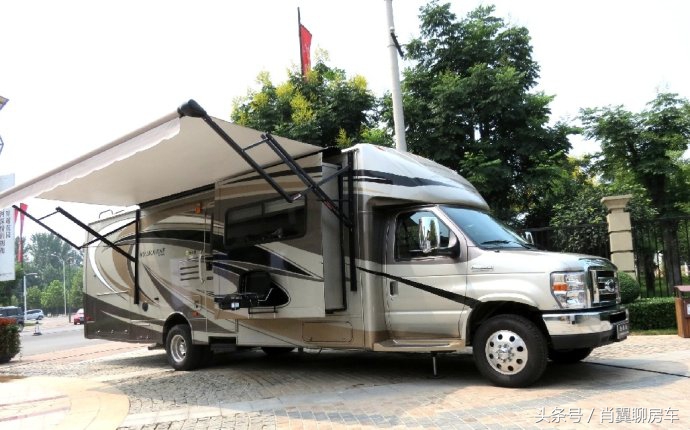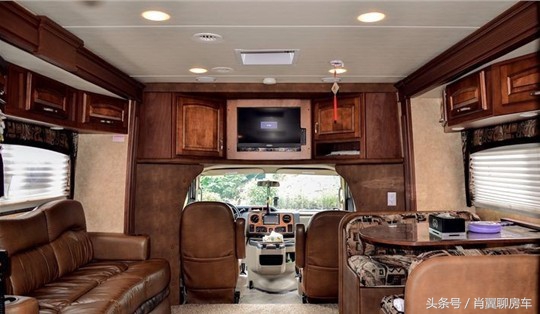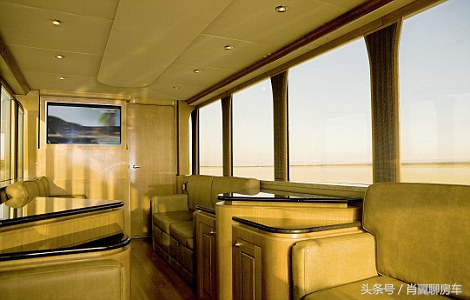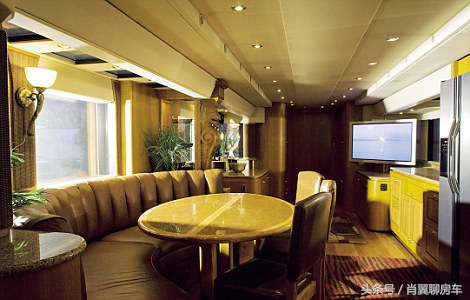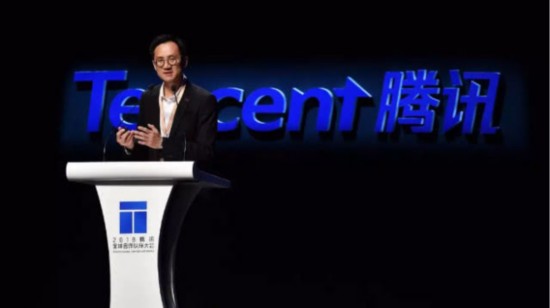
"It’s not that I’m smart, I’m just dealing with problems for a long time."
Albert Einstein.
TO B or not TO B
In the days before and after the Mid-Autumn Festival, 45-year-old Tang Daosheng had been unable to sleep well. He decided to visit Pony Ma.
At noon that day, he had a working meal with Ma Yun. His purpose was very simple, to convince Pony to keep QQ in his hands and join forces with Yun. He didn’t want to lose this trump card that he had dedicated 6 years of hard work to.
Of course, he thought of many reasons, but after entering the door, it was basically Pony Ma who was talking – as we all know, Pony Ma was not a good talker, but he was able to speak eloquently, showing that his mind had been made up.
An hour later, Townsend walked out of the office on the top floor of the waterfront building.
He didn’t say a word of the prepared words, but strangely, he felt much calmer instead, as if he had taken a peace of mind.
"Pony is very excited and has been talking about the Industrial Internet. I found that the two of us have a high degree of consensus on this matter. I know that there is no need to talk more, only the Industrial Internet is the only way."
It started two or three days ago.
At that time, dozens of senior executives at Tencent held a three-day closed-door meeting at a club in Hong Kong. At the meeting, everyone handed over their mobile phones, sat in a circle around the table, and each spoke for half an hour to explain their business ideas.
Finally, President Martin Lau announced the decision to make the third organizational restructuring in Tencent’s history.
According to the official announcement on September 30, 2018, this adjustment has been referred to as the "930 change" within Tencent.
In this "change", Tencent’s original seven business groups were adjusted and merged into six.
Enterprise Development Group (CDG), Interactive Entertainment Group (IEG), Technology Engineering Group (TEG), and WeChat Group (WXG) are retained.
The Mobile Internet Business Group (MIG), Network Media Business Group (OMG), and Social Network Business Group (SNG) were cancelled, and the original business content was restructured and packaged into a new business group – Platform and Content Business Group (PCG), headed by Ren Yuxin, the former president of IEG, MIG, and OMG.
The most eye-catching is the last one – Cloud and Smart Industry Business Group (CSIG). Its main part was born out of the Tencent cloud business of the original SNG, including the audio & video team of the original SNG, the AI laboratory team of the original UTO, and also merged into the smart retail of the original CDG, the map of the original MIG, the security, and the Internet + business of the incubator.
This is the first time in Tencent’s 20-year history that a fully-fledged business unit has emerged.
So far, the TO B business, which was originally scattered under various business groups, has gained a unified interface, which will provide services to enterprise customers in a more aggregated and efficient manner.
This means that Tencent has since raised the TOB business to an unprecedented strategic level.
In the public email, known as Document 18, the president, Martin Lau, wrote:
"This is a time for the company to face the evolution of the future, and it is also an active change and upgrade iteration for the next 20 years… Tencent is determined to take root in the consumer Internet and embrace the industrial Internet."
Translated, this may be understood as Tencent’s decision to grasp both, to do C, to do B, to do both, Tencent can maintain its competitiveness in the next 20 years.
Tang Daosheng will lead the TOB team. His original title was the president of SNG. Now, SNG has disappeared. His new title is the president of the newly established CSIG.
It seems that this arrangement is logical. The core business of CSIG, Tencent Cloud, is the business incubated from the SNG that Tang Daisheng was formerly in charge of.
In the past five or six years, Tang Daosheng has been called the "father of Tencent Cloud". He has defied public opinion and has always insisted on moving around with limited resources, giving Tencent Cloud a chance to survive and grow up slowly.Nowadays, Tencent Cloud wants to be independent and integrate the company’s other TOB businesses with it as the core, so it is natural for Tang Daosheng to lead the team.
Everyone saw it the same way. Many friends came to congratulate Tang Daosheng, feeling that he had finally made it through, and the business that had been difficult to lay out for a long time had finally been recognized by the company, which could be said to be well-guarded. There were also reporters who came to interview Tang Daosheng, and it seemed that half of Tencent’s future life was in his hands.
But Mr. Townsend is a little hard to part with. It is good that the TOB business has been taken over and handed over to him, but it also means that the TOC business of the QQ system he has been cultivating in SNG for six years will be split into the newly established PCG – that is, almost all of it will be left him.
He was reluctant to take the TO C away.
Tencent, which last changed its organizational structure in 2012, also has the historic name "518 Change".
That time, Tang Daosheng, a Hong Kong native who had made great achievements in QQ space and QQ show, was given the opportunity to join SNG as the head of the company. After seven years at Tencent, he became the first person in charge of the company’s core business.
Of course, before that, he was already a member of Tencent’s CEO Office.
At that time, QQ faced the pressure of WeChat’s sudden rise, and it was a moment of life and death. Tang Daosheng led the team to complete the transformation of QQ from PC to mobile, and determined the differentiated positioning between QQ and WeChat – as an office user on the PC side and a young user on the mobile end.
Based on this positioning, SNG has on the one hand stabilized QQ’s position as the second largest in the field of communication and social networking, and on the other hand, it has also incubated a series of vertical functional modules and apps around QQ’s young users.
It can be said that in the past five years, SNG has tried almost all the new entertainment-related Internet entrepreneurship opportunities on the market – WeSing, Tiantian Pu, Penguin E-sports, QQ Watch, Interest Tribe, Weishi, Radio… What has been done, and what has not been done, I am afraid that Tang Daosheng himself cannot count it all at once.
"I can’t let the penguin disappear in my hands."
"On the contrary, we have to use QQ’s platform to find new outlets, there is new room for growth, and the team also needs to find new opportunities for development," Mr. Tang said. "So we have been making arrangements in these new fields that have not yet exploded."
On the afternoon of December 28, 2018, I met Tang Daisheng in his office in the old Tencent building. This tall man, wearing a shirt, jeans and sneakers, was actually not very young, and he looked a little haggard due to exhaustion. However, when he sat on this sofa full of QQfamily throw pillows, he still looked like a young man.
At this time, it had been three months since QQ left Tang Daisheng, or Tang Daisheng left QQ, but he would still take these penguin dolls to the coffee table one by one, like a few treasures – this is a Batman model, that is a Luhan model… Originally, he had a dream of doing a QQ virtual Disney, but this dream will not be his in the future.
Now it seems that the reason why he lost that TO C dream was because of another dream he had.
In addition, this TO B dream also begins with the first victory that Tang Daoseng fought in Tencent.
There is a saying on Jianghu about how Tang Daisheng came to Tencent. I haven’t confirmed it with Tang Daisheng himself, but I heard it from a very close friend, so I’ll record it for now.
In 2005, Tencent was still a medium-sized company of more than 2,000 people, dealing with the competition of 51.com in the battlefield of communication and social networking. It is said that 51.com thought of a way to install some kind of plug-in on the computers of Internet cafes all over the country, which could directly export users from QQ. This means that the plate that QQ has worked hard to make bigger is shared by competitors at almost no cost.
At that time, the person in charge of the business went to Ma Yun to report and apply for adding 100 servers. Unexpectedly, Ma Yun did not approve. Not only did he not approve, he also said this sentence:You should spend your efforts on improving the efficiency of the development and use of technology.
Because of this sentence, several co-founders around Ma Yun began to look for more creative tech experts.
In 2005, Tang Daosheng moved from Silicon Valley to Shenzhen to join Tencent. His first battle at Tencent was Qzone. Tang Daosheng told his colleagues:"This is my battle of life and death."
At that time, QQ Space was still a department-level product under the Internet Division. It had been less than a year since its establishment, and its various data performances were unexpectedly good, but problems quickly emerged.
In order to quickly make the plates of new products, QQ space used viral marketing methods to pull new products and widely publish hero posts, which was very popular for a while. However, due to the limitations of the previous product framework and development technology, the access speed of QQ space became very slow, and even as soon as the number of online people reached 60W, they had to queue up to enter the virtual space. The developers had to design a small game to alleviate the bad user experience and make the waiting queue process less boring.
Tang Daosheng still remembers that the small game was called "Ginseng Fruit". One by one, the ginseng fruit fell from the top of the screen, and the user could move the mouse to pick up the fruit. The ginseng fruit looked very similar to a colleague in the technical department, and it was not known whether it was a human-like fruit or a fruit that looked like a human.
Tang Daosheng didn’t play this game very well. Because every time this game appeared, everyone knew that there was a problem with the system again. The problem was so serious and frequent that if it wasn’t optimized, it would be impossible to survive.
The company has issued a death order, and the problem must be solved.
CTO Zhang Zhidong took the lead to do this. He sent two groups of architects from the architecture department, both of which failed. Tang Daosheng was the third group.
The pressure is very high. He is often on the wheel 24 hours a day.
The first is a technical issue.
At that time, there were multiple links and interfaces in the QQ space, resulting in very low efficiency. The company has always wanted to change, but it always had headaches and feet, and the problem has never been solved.
Tang Daosheng’s solution is to organize the most extensive and frequently accessed data through more detailed monitoring and place them all in memory; at the same time, analyze multiple performance bottlenecks one by one; more importantly, redefine the management process, and arrange a programmer at each interface, with the responsibility assigned to the person.
In addition, together with his colleague Yao Xing in the architecture department, he rewrote many databases at the bottom of the product. At that time, a series of academic papers on the GFS architecture were published abroad. Tang Daosheng and Yao Xing’s team analyzed the technical details and combined with the actual needs of the business to develop a new set of low-level data storage methods, which withstood the test of high concurrency on a large-capacity sample like QQ space.
This system supported the rapid growth of QQ space, allowing the number of users of QQ albums to exceed the once most popular NetEase albums. Since then, it has been widely used in many of Tencent’s businesses.
"This is actually a landmark event."
Liang Zhu served as the product leader of QQ Space for many years, and his memory is still fresh.
"After this creative approach is abstracted and applied in other businesses, other technicians don’t need to redesign the system at this level."
"Actually, this is the way of the cloud. This can be considered the embryonic form of Tencent Cloud."
Tang Daosheng became famous in the battle of Tencent.
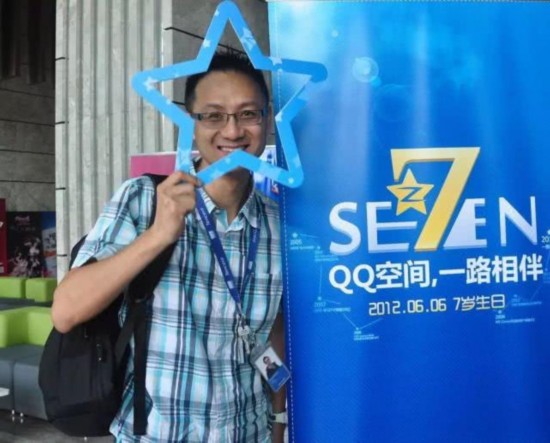
The Tang Daosheng in front of him was a rather shy person. If you didn’t ask about the past ten years, he wouldn’t tell you, even if it was the beginning of the whole story, and the wheel started to turn here.
"Everyone thinks it’s a technical problem, it’s a matter of IQ, but in fact there is EQ in it."
"You are someone sent by the architecture department, one level higher than the technical staff of the product itself, which is equivalent to the imperial envoy, and you are the third group," he said. "You have to solve the problem, but you can’t deny the work of the product technical team, nor can you deny the work of the previous two groups of colleagues. You have to let them finish the work, acknowledge their contribution, everyone is happy, and then you can start over by yourself."
He was a "newcomer" in his early 30s, but in dealing with this cross-departmental cooperation issue, he showed the demeanor of a leader, both technically and ideologically. He was very open, able to coordinate the interests of all parties, and finally got things done.
Lu Shan was the head of the architecture department at that time, and later the president of Tencent TEG. For many years to come, he and Tang Daosheng were two important managers with a pure technical background in the general office of Tencent. Tang Daosheng has always been praised for the crisis handling of QQ space in the early years.
It was also from this time that Tang Daisheng and Tencent’s technology development department established a good combat friendship. This trust laid the groundwork for the early survival of Tencent Cloud.
Especially in the three or four years of the early incubation of Tencent Cloud – you have to understand that a company that started as a TOC is very cautious about entering a TOB business that consumes a lot of resources, has low profit margins, unclear market prospects, and unclear strategic value. It is understandable that if Tang Daosheng does not receive support from the technical resource department of TEG at this stage, it is unimaginable.
Later, Lu Shan often talked within the company, why we at TEG were able to cooperate with Dowson (the English name of Tang Daosheng) to do Tencent Cloud, and we all have a sense of identity with each other? Because just as Pony Ma gave half his life to a third-party partner, Dowson gave half his life to Lu Shan to do Tencent Cloud, and many business security and business performance are completely dependent on the support of TEG.
"I’m going to sacrifice my own things and give them to you. You can help me succeed, and we both succeed together."
This is openness.
In 2011, the 3Q war was a cannon, which brought openness to Tencent. Tang Daosheng is destined to be the most determined executor of Tencent’s open policy.
Tencent’s opening, for entrepreneurs, the most valuable is undoubtedly traffic, and QQ space with more than 500 million MAU users is regarded as the only testing ground – so Tang Dao has become the person directly responsible for opening up, opening has been pushing him forward, one after another incubated Guangdian Tong and Tencent cloud business.
In 2014, Tang Daosheng had a conversation with Cheng Lingfeng, a famous media person. At that time, he was almost the first to reveal the relationship between Tencent Open API and Tencent Cloud and Guangdian.
"The 3Q war was a wake-up call for the team. The most painful thing about the 3Q war was that many people felt that Tencent was their enemy. This forced us to think about how to get more people to work with us and how to cultivate more partners in the ecosystem. Later, Pony agreed with this direction, and we really let go of the open system."
"Then I found that if you want to open up resources, you have to give traffic out, but you can’t give it for free, so you must design a market rule for distributing traffic – how to promote it, how to allocate resources, who has more and who has less, how to price it, what is the judgment standard, who has the final say… Let high efficiency get more resources. This forces us to do effective advertising to measure the value of traffic, which is later known as Guangdian Tong."
As a result, Guangdian Tong, a product that was initially unpopular but Tang Daoseng insisted on making, has now become a very important part of Tencent’s advertising system.
"Next, when you really open up traffic to the outside world, you find that the back-end support capabilities of these partners are relatively poor. Even if I can guide tens of millions or even hundreds of millions of groups to you, if you can’t catch it, it will collapse. And this is the ability of Tencent to serve a large number of users accumulated over more than a decade. So, open up IT capabilities to partners as well."
This is the beginning of Tencent’s "Cloud as a Service".
Careful consideration of Tang Daosheng’s words five years ago, you can see that the cloud and TOB services that Tencent has put at the head of today are not rootless trees – in order to open up, Tencent must be a cloud, and in order to be a cloud, it must integrate the IT capabilities of various BGs. In turn, the various capabilities that Tencent has accumulated in the field of TOC for more than a decade do form a temptation for enterprise customers – if nothing else, at least every customer that Tang Daosheng meets wants to know how to use the WeChat Mini Program.
It is equivalent to saying that open API, Guangdiantong, and Cloud as a Service are the troika of SNG’s TOB business. They and SNG are based on a series of TOC layouts in the QQ social field, which are both independent of each other and support each other. There are both TO B and TO C, which has made SNG the most diverse business group in Tencent’s internal business model in the past few years.
Townsend was sitting on the sofa to my left, looking at me with a wide smile. At this point, the man who is used to leading business from behind suddenly laughed:
"The only thing is that I haven’t fought against Xiaolong."
I laughed too. He didn’t shy away from the stubble that I didn’t dare to mention.
This interview with Tang Daosheng, two times before and after, a total of 8 hours of chat, interview shorthand more than 100,000 words. During this process, he repeatedly called me surprised.
Mr. Tang, a Hong Kong native who has lived in the United States for 14 years, speaks "ordinary" Mandarin and is a professional manager on the cusp of trends and the attention of the whole industry, but in the process of communication, he can not only integrate into the context, answer what is asked, involve business issues, but also know everything and say everything. Only when he mentions his relatives who died prematurely in 2008, he is silent, but it is only a fleeting few seconds.
A revolutionary optimist by nature, someone who can blend in with an unfamiliar culture while remaining open-minded, is convinced that he must continue in the right direction, even if, after all the rigorous reasoning, he comes to an unsatisfactory conclusion, because there is no alternative. There is no easy way, only the right way.
This is one of the reasons why he was able to quickly adjust and remain positive and optimistic when the three-horse-wagon of Thomas Thompson was torn apart one after another. This is his nature.
Tencent pioneer
On April 20, 2015, open API was redeployed from SNG to other business groups.
After 10 days, Guangdian was transferred from SNG to CDG and integrated into the company’s large advertising system, which was overseen by Lin Jinghua, the head of strategy of Tencent Group.
His old subordinate, Liang Zhu, said Mr. Tang, as he understood him, had been playing the role of Tencent’s "pioneer."He is always able to stand in the shoes of the user, customer, or company, or take over something that is too difficult for others to do or decide to give up, or grow crops in a field that few people like.When the crops are planted and there is improvement, we will once again perform harvest and integration according to the needs of users, customers or companies.
On December 12, 2018, Tencent Music Entertainment Group went public in the United States. As chairperson of Tencent Music Entertainment Group, Tang Daosheng rang the listing bell on the New York Stock Exchange. This is another "pioneering" success case in his career.
QQ Music was born in 2003 as an entrance to Tencent’s social products. When it was handed over to Mr. Tang in 2013, its market share was already significantly behind that of Kugou. In that era of rampant piracy, the business model of genuine online music was still unknown.
Under the dilemma of internal and external affairs, Tang Daosheng did two things: one was to develop a system to monitor piracy, automate the process of evidence collection and legal affairs issuance, reduce the time for pirated content to go offline from one month to one day, and re-gather users to copyrighted content platforms such as QQ Music; the other was to invest in Kugou and form an alliance with "competitors" to fight against Baidu and Alibaba, which had a larger market share in the online music field at that time, and lay the groundwork for the later United Ocean Music (CMC). Internally, cultivate internal strength, externally, choose friends to form alliances.
QQ is a social product, and music is a content-oriented industry. The business core is different, and the way of playing is different. Without being limited by the "QQ" prefix, Tang Daoseng found another breakthrough for online music and grew this land.
Pioneering is hard work and tiring. This can only be done by people who are good-natured, open-minded, and not very possessive.
Yin Yu and Tang Daosheng have not dealt with each other as long as Liang Zhu. They only worked together after the "518 revolution" in 2012. Earlier, Yin Yu was the general manager of QQ, and there had been rumors that his business might not be under the management of Tang Daosheng after it came to SNG. But after more than six years of cooperation, he regarded Tang Daosheng as a good teacher and friend.
"Dowson is an entrepreneur with an investment mindset. At SNG back then, he was really doing it as a company," he said. "He was very good at listening and very rational about data. Not only did he win the big battlefield of QQ and mobile QQ merger, but he was also the one who ultimately decided the positioning of QQ as a younger company – which meant that it was not an easy decision to give up some of the existing middle-aged users. In those years, we incubated so many new products around QQ, and it was him who controlled the direction and made the trade-off for each one."
The difficulty of such a decision is that the projects incubated by SNG have to compete not only with external start-up companies, but also with projects of other internal business groups. Even in a short period of time, SNG, especially OMG, has the most cross-business, with a lot of consumption and controversy.
Such a crossover has even attracted the strong attention of Lau Chiping. In June 2018, he once invited Tang Daosheng and the president of OMG to lunch to discuss the relationship between social and content. The discussion was inconclusive, but it undoubtedly laid the groundwork for the integration of the TOC part of the "930 Change".
Take the field of information flow as an example.
Tencent does information flow business, with OMG’s Tencent news, Tencent video, Tiantiankuaibao, WXG’s take a look, SNG’s QQ highlights, QQ space, MIG’s QQ browser, and app treasure.
Now it seems that QQ Watchpoint has unexpectedly become one of the most improved products. At first, Yin Yu was unsure which model the product should use to run, whether it was the subscription model of WeChat official account or the recommendation model. "At that time, I didn’t know that the recommendation model was Jinri Toutiao," he said.
Basically, this was a chicken-and-egg problem. Should there be traffic first and then content, or content first and then traffic? Yin Yu tried to use the subscription model for a while, but the data never came up.
One day, Yin Yu was on a business trip in Shanghai when he received a long-distance call from Tang Daosheng. Tang Daosheng, who was in Shenzhen, seemed to have completely figured out the problem. He told Yin Yu very firmly on the phone that he should switch to recommendation mode without hesitation.
"He was very adamant about going in the direction of decentralization. This is what Dowson has been saying: you have to have people watching first, as long as someone watches, there will naturally be traffic production. If you don’t have people watching, no matter what mode you use, no one will produce the content. He is actually a person who gives the team time and space, but at a certain stage, when he has clearly seen it, he will finally push you again."
Yin Yu made a year of difficult adjustments according to Tang Daosheng’s suggestion.
In the past year, Tang Daosheng has been cooperating with Yin Yu to get various cross-departmental resources for QQ: insert the QQ chat window, inject SNG’s own QQ music MV resources, IEG’s animation resources, OMG’s Tencent news header content… He even personally found Zhang Xiaolong, the "only one who has not spelled it", and asked WXG for the content of some WeChat official accounts.
Today, although QQ’s focus has been marked out as the defunct SNG in the "930 Revolution", it has become the most important one of Tencent’s information flow products and has been aggregated with the QQ browser business. Such a result would have been almost impossible without the promotion of Tang Daisheng and other senior managers of Tencent.
It stands to reason that Tang Daosheng has been at Tencent for 14 years, and has experienced so many on-again and off-again and on-again, so he should be calm about the changes brought about by the current "930 revolution". To put it bluntly, this is not the first time he has been "taken away". After all, the real parents of the "child" are Tencent, not Tang Daosheng.
But this time, Tang Daosheng was much more excited than before.
On the evening of October 18, 40 or 50 colleagues from the former SNG had a break-up dinner at the Spring Garden Hotel in Shenzhen Lanying Bay. During the dinner, Liang Zhu and Yin Yu walked to Tang Daosheng and said goodbye to him. They gave him a special gift: a pair of hard-to-buy limited-edition Jordan sneakers with the signatures of all the middle-class players from SNG to PCG.
Yin Yu said: "We are separated, but the road still has to go forward. We give him a pair of shoes so that he can walk more easily and faster."
Everyone was busy toasting, and no one noticed, not even Tang Daosheng himself might be willing to admit it – but the secretary, Ha Yuan, was standing next to him, and she saw Tang Daosheng take the sneakers with one hand, hold his glasses with the other, and wipe the corners of his eyes by the way.
It was precisely because of his determination that a person would not hesitate to show his softness. At this time, Tang Dao was in love, but in fact, he had already adjusted and made a decision. That is, in the position of CSIG president, continue to do the TOB business that he hatched and go to a farther place.
So I asked him, that day, in Ma Ma’s office, what exactly did they talk about?
He smiled and said, "Pony is not someone who will talk to you about relationships, he is someone who will talk to you about things. You can see what he is thinking when you see what he spends his time talking about."
At noon that day, Pony Ma was talking to Tang Daosheng about the industrial Internet. He was so excited that Tang Daosheng could hardly find a time to interject. Before entering the door, he had thought about how to explain why the combination of TO C and TO B would be more beneficial. Among the products he pioneered and incubated, although he had let go of open API and wide access, this time, he was reluctant to let go of QQ.
However, he understood Pony Ma. When he saw Pony Ma in that state, he knew very well that Pony had made up his mind to do this, and had taken it to an unprecedented level, leaving no room for bargaining.
In the end, Tang Daosheng didn’t say a word when he was ready. Instead, he was pulled over by Pony Ma and seriously discussed the way the TO B business was played.
Pony Ma gave him two tips.
First, consider the TO B business from the perspective of C, which is the greatest advantage and rationality of Tencent’s TO B business.
The other provided him with various resources, including finding Zhang Xiaolong to gain access to WeChat.
"Pony has always been cautious about the entrance of WeChat. Sometimes other businesses go to fight for it, and Xiaolong hasn’t spoken yet, and Pony has already jumped out and said no."
This detail made Tang Daosheng even more confident. Pony Ma was not the kind of person who would give him sneakers. He actually took the initiative to come forward, which represented his judgment on the future business direction.
Pony Ma has entrusted at least half of Tencent’s next 20 years to him.
Looking back now, Tang Daosheng was actually a lucky one. In 2005, he returned from the United States and joined Tencent, just at the cusp of Tencent’s strategic upgrade. This year, "this company started with instant messaging tools, after 7 years of entrepreneurship, with hundreds of millions of users, more than one billion in cash, and their young ambitions, embarked on a journey of diversification full of uncertainty" (Wu ******’s "Tencent Biography").
Tang Daosheng was very clear, "Even if I came two years late, I wouldn’t have so many opportunities."
At the time, Pony Ma’s strategic goal was to "provide all online life services".
After 14 years, around this goal, Tencent has become the Tencent it is today.
Fourteen years later, when Pony Ma started Tencent’s evolution program again, Tang Daosheng found that in the slogan of "providing all online life services", the word "online" might have a chance to be deleted and changed to "providing all life services" – of course, through C TO B TO C.
He gave an example.
Today, when an ordinary person goes to the hospital to see a doctor, he may first go online for consultation, and then register online to make an appointment for the outpatient clinic. When he arrives at the hospital, he can see the doctor without spending time in line. After the diagnosis, he will automatically receive a prescription and quotation on his mobile phone, and he can easily pay with the mobile payment function. Finally, he just needs to go directly to the pharmacy to pick up the medicine.
"Thinking from the needs of users, online and offline are completely broken, and there is no clear line. If I want to make the user experience more complete, I must connect the online and offline chains to provide a complete experience and meet the higher needs of users. To achieve this goal, what do I have to do? Then I have to introduce a third party and cooperate with companies that provide offline services."
It seems that doing TO B is essentially to better serve C-end users with other companies. This is the meaning of Tencent’s industrial Internet.
After the lunch, another month later, Pony Ma published an open letter. In the letter, he mentioned: "The main battlefield of the mobile Internet is developing from the consumer Internet in the first half to the industrial Internet in the second half… The consumer Internet without the support of the industrial Internet will only be a castle in the air."
Of course, Tang Daosheng saw this letter. A month ago, the words that Pony Ma told him at lunchtime were the brewing of the content of the letter. Once again, he felt that what was bound to happen would definitely happen.
At that time, Pony Ma also told him:"No one is suitable for this, only you."
He thought Pony was hyping him up, but then again, it was the truth.
The chariot was at the door, and he was ready.
Change is quiet here
Li Hua, the former No. 18 employee of Tencent and the founder of Futu Securities, met his old colleague Zhang Zhidong in 2014 and vomited a little bitterness.
Zhang Zhidong was an early CTO of Tencent and is now retired. He asked along the way: What is the basic IT architecture of your company?
It’s fine if he doesn’t ask. This question, Li Hua is especially sighed.
"At that time, we chose to build our own IT. The IT team mainly did development work in Shenzhen, but the computer room was in Hong Kong, and the whole maintenance cost was very high. At that time, I would drive from time to time, with one of our operation and maintenance colleagues, to deliver the server. Occasionally there were some failures. In addition to coordinating the staff in the computer room, we even went to the computer room in the middle of the night to check the line. Especially when we were doing Hong Kong stocks and US stock transactions, there was a part of cross-border business. At that time, we still pulled the special line by ourselves. Not to mention the high cost, the maintainability was also very poor."
Zhang Zhidong listened for a long time and finally gave him a suggestion.
"Unless you can’t help it, you have to try to use the cloud as much as possible," he said. "It’s not the same as when you were at Tencent. Cloud technology is on the rise, and as a start-up company, you need to focus on the business, not spend a lot of time thinking about building IT infrastructure."
Zhang Zhidong has been a strong supporter of the cloud business at Tencent. Like Li Hua, he has suffered from this and has come to understand the value of the cloud – how important it is to the CTO of a start-up company.
In September 2005, Tang Daosheng joined Tencent and reported to Zhang Zhidong. He stayed in the technical architecture department, familiar with Tencent’s technical architecture while holding an electronic dictionary, and worked hard to learn Mandarin. Of course, he would also quietly observe Zhang Zhidong’s work and secretly sigh in his heart.
"I still remember that what Tony [Zhang Zhidong] spent the most energy on was to optimize the number of people online at the same time that each device could support. At that time, he spent a lot of manpower to do this. In the United States, we don’t do that. The cost of labor in the United States is too expensive, and companies will look for a solution with lower barriers to development and more efficient. In the United States, we were all talking about how to use Java technology. Even if its performance was not so good at that time, it was still cheap compared to the cost of labor."
In 2005, the salary of domestic IT engineers was not high, only a fraction of that in the United States. Under such circumstances, the CTO spends a little more human time to make each device capable of carrying more business volume, which is worth it and cost-effective.
But 10 years later, in 2014, Chinese Internet companies at this time experienced the baptism of the portal era and the Web 2.0 era, and came to the mobile Internet era. The scale of China’s economy is expanding, and the labor costs of Internet companies are also rising. The economic leverage behind it is subtly playing a role, resulting in an inevitable "reversal". Corporate managers find that when the labor cost rises to a certain point, if the enterprise needs to operate more finely and improve efficiency, then it is worth spending a little more on IT capabilities.
The shift from the consumer Internet to the industrial Internet is the inevitable result of changes in the economic trend and the cost-income structure of enterprises.
Li Hua listened to Zhang Zhidong’s words. Anyway, Tencent had just invested in Futu Securities and was already a partner on the front line. Soon, he became an early customer of Tencent’s cloud technology from an early employee of Tencent.
A few months later, there was a short but violent bull market in Hong Kong stocks. In just a few days, the number of visits to Futu’s trading products increased sharply by dozens of times.
Li Hua tasted the sweetness.
As we all know, the financial industry has far higher requirements for data security and compliance than other industries. In addition to efficiency, IT architecture also needs to pay attention to the understanding of business, scenarios, and regulatory policies. "In this case, if you use traditional IT architecture, then you go from equipment procurement, to coordinating operators to expand bandwidth, and even to expand IDC racks, which is at least on a monthly basis. But using this cloud as a service, we may just click the mouse on the console, add some technical configuration, and in just a few hours, we can make a rapid expansion of capacity."
Li Hua gave a more detailed account on the phone: in the past five years, Futu Securities has reached thousands of virtual servers using cloud technology, and there are only five staff directly responsible for related operations. Such an operational efficiency, if placed on the traditional IT architecture, would require a team of 50 people to barely achieve, and the scalability of the business is far from the convenience of Cloud as a Service.
Li Hua was very satisfied. As an entrepreneur of a new wave of mobile Internet, he had no historical baggage, almost seamless connection, and enjoyed the dividends brought by technological progress. But he may not be so clear. At the time when he chose whether to go to the cloud, probably around 2014 or 2015, his old colleague Tang Daosheng was suffering.
Ms. Zeng, who has been the market leader for Tencent’s cloud business since 2011, remembers the early days of the company’s business being tough. One was that the company’s resources were not clear, and it put together a small team. In addition, it was far from talking about Cloud as a Service at that time. It was just a very rudimentary sale of cloud storage and help maintain data security.
At that time, there were two opinions in the General Office of Tencent.
One school of opinion is that the cloud is a "hard work of mining coal". There is no profit, heavy investment, high cost, long-term development is not clear, and its own business has been in a very low-level state.
Even President Lau Chiping couldn’t help but ask Tang Daosheng: "Should we do cloud? Cloud as a Service has a large upfront investment, low gross profit margin, and a long delivery and service process. How should we form a synergy with the existing strategy?
Another school of opinion, represented by Zhang Zhidong and Tang Daisheng, argued that cloud is a business that cannot be easily abandoned.
Tang Daosheng’s pressure can be imagined.
There is pressure from the general manager.
"I think Yun must do it. But after they asked me that, I think, and he has his reasons, I should indeed be more cautious. Before I think about it clearly, I’d rather not bother them and move a small 5% team by myself, and do it little by little first."
There is pressure from the team.
In order to develop the cloud business, Tang Daosheng specially recruited a person from the United States. But for now, the cloud business must be developed cautiously, and there is not much room. He has to hide his talent reserve in SNG’s Guangdian business first, manage the other party’s job expectations, and wait for the opportunity.
There is also pressure from competitors.
In May 2009, Alibaba acquired Wanwang with 590 million cash and established an independent Alibaba Cloud company. In the following years, Alibaba invested 1 billion yuan per year in data development and infrastructure, and at least survived the last few years of the PC era. In 2012, with the advent of the mobile Internet era, Alibaba Cloud business finally waited for the trend and enjoyed a big wave of dividends. With little promotion, it got a large number of small and medium-sized enterprise customers.
When Alibaba Cloud suddenly emerged, Tencent Cloud was just one of several businesses under one of Tencent’s seven business groups. In contrast, there were even more doubts about whether to do Tencent Cloud vigorously.
However, when competitors in the cloud field frequently appear in the field of vision of the general office meeting, it brings an unexpected benefit to Tang Daosheng. Every time he fights for resources at the general office meeting, he can tell everyone a story like this: not only how big Amazon’s AWS is in the United States, but also how big the threat posed by the opponent is – the cloud is a root system, and ecological things will grow in the future. If we don’t do it ourselves, these ecosystems will grow into other people’s roots in the future. At that time, Tencent may be revolutionized by others.
At this time, Tencent is already a company with a market value of over 100 billion. It is so big that if you tell it that there is something worth doing, it may be nothing more than a small carrot in its eyes. However, if you tell it what terrible consequences will result if you don’t do something, it will immediately open its ears.
Whether it is a cold war mentality or a crisis-driven mindset, this is indeed the reaction model of Tencent, which has been written into its DNA. You will see that in 2005, 2012, and 2018, the three major organizational adjustments in Tencent’s history all took place in an uneasy year.
Especially in the past 2018, Tencent faced a complex situation that it had not seen in many years.
In the main communication and social field, WeChat and QQ growth peaked, while Douyin under Jinri Toutiao saw a large increase in user session length in the field of information flow and short video;
Tencent’s main game business is facing a period of national supervision, and its revenue share has declined.
In early 2018, Tencent’s market capitalization reached $500 billion, surpassing Facebook’s. But by September 28, on the eve of the "930 revolution", the stock price was down 32% from its peak.
Among them, there are reasons for China’s economic environment, but it is difficult to say that there are no reasons for Tencent itself – in essence, Tencent has always been good at consumer Internet TOC business not only encounters competition, but also tends to be saturated. Maybe it is time to find a new TOB battlefield and start a new round of "cloud enclosure movement".
In short, Tencent is much like an animal in the jungle. It both avoids danger and needs it. Only danger will make it wake up and run towards the open grassland at a faster speed.
This crisis-driven gene may have something to do with the technical background of Tencent’s management team. After all, technology development is not like being a doctor. It is not a business that can eat old. Technology is constantly being updated. In 2000, Windows and C language dominated the world. By 2006, Web page development and back-end development had become the most popular. By 2012, hot spots migrated to end point development. In 2018, the hottest technologies became AI and deep learning.
"We programmers, after eating the last meal, we always have to keep learning, and if we don’t learn, we will be eliminated. Our personality is not so open, more silent, more introverted. We always worry that we can’t code for a lifetime, right? How should we live in the future?"
Two years ago, Liang Zhu was in charge of Youtu Lab’s products when he went to the general office meeting to report his work. At that time, a doctor from other businesses took the stage to explain the principles of artificial intelligence and deep learning. He wrote a bunch of formulas in the PPT, including complex loss function formulas.
"I think why is he talking about this, a bunch of formulas, can the bosses be interested?"
He was surprised to find that the bosses were not only interested, they wanted to get to the bottom of it on the spot. Pony Ma was the first to put down his mobile phone and stared at the PPT, asking questions one by one, wanting to know what each coefficient in each formula represented and what the meaning of the entire formula was.
"What does it mean for a group of people of such high value to sit there and discuss the loss function formula?" Liang Zhu thought.
In fact, Pony Ma is not much older than Liang Zhu, but he is in a high position, and his sense of crisis is far stronger than Liang Zhu. Therefore, his thirst for knowledge seems to be even stronger. This is the instinctive sense of crisis of a programmer, he must rush to learn when he sees something new. When he sees something new, it is as if he sees the future.
Tencent’s technological origins also give it another gene. Technology is constantly evolving, so the company also believes in an iterative approach to innovation. Mr. Tang calls it "distributed innovation," or better known as "partial innovation."
The implication is that a small team sees the big trend, secretly diverts some resources to do new business, runs in small steps, continuously iterates, and strives for more resource support at the company level step by step, ultimately becoming bigger and stronger.
Looking back at the history of Tencent, WeChat, "Honor of Kings", QQ browser, Tencent mobile phone housekeeper… these products that have had a profound impact on Tencent and even the Chinese Internet in the field of TOC are all made in this way.
Tang Daosheng did the same for the TO B business.Open API, wide point pass, Tencent cloud, are not optimistic about the situation quietly invested, the result broke new growth point.
Pony Ma did not order him to do these things.
Without doing these things, he can still survive. He has QQ in his hands, which is a big killer that will be regarded as a treasure in any Internet company in China.
Even doing these things may bring him some trouble and pressure. For example, to handle the relationship with other departments and similar businesses backed by Tencent. For example, to manage the status and expectations of subordinates. For example, to face doubts from the general office at certain times.
But Mr. Tang still insists on doing so. This is not so much a responsible professional manager as a kind of entrepreneurial gene born in Tencent. After 20 years, this company still stands on the cusp of the trend of the Internet industry. Without this entrepreneurial gene and the new opportunities created by it, it is unimaginable.
Now we look back, crisis-driven and "partial teacher" innovation, these are two extremely critical variables that Tencent has produced in the past 20 years. At every critical moment, they have helped Tencent survive and win again and again.
Over the past 14 years, these two variables have also been used by Tang Daosheng, who is more and more like a very typical Tencent person. But beyond that, why is he Tang Daosheng? Ma Yun should also take into account other characteristics of him.
Thompson has a mild personality and a high degree of cooperation and coordination, which is important, but more importantly, he is able to find an optimal logic that allows many complex businesses to function smoothly, while remaining efficient and creative.
At Tencent, people are always amazed by the minimalist product capabilities that make the road as simple as possible, and less is more, which makes the TOC users pleasing to the eye and almost forgets the existence of the complex system behind the experience.
But Tang Daosheng’s ability to think and manage in multiple threads, this kind of complexity, happens to be his unique place. This point, Pony Ma saw it, and the TO B business also saw it. The TO C business may need to be more simple, the so-called "one second becomes a little white", but the TO B business needs to connect with various people from all walks of life, and it is undoubtedly a person with a personality like Tang Daosheng.
Specific to the early business of Tencent Cloud –
On the one hand, he has to constantly consolidate his territory and sell the most basic services, even if it is simple, but if he can maintain a certain amount of business income, he can basically ensure that this business will continue to exist and not be cut off.
On the other hand, he has to constantly observe and think, and determine a blueprint for the business. With this blueprint, follow the picture, step by step, and complete the overall layout.

For Tang Daosheng, this is his most enjoyable job. To others, it is difficult to start a business, but to him, it is still a fun-filled intellectual game.
He often told his young son that it was like a game of walking out of a maze. When most people walk a maze, they go from the beginning to the end. But if you start from the end and go to the beginning, you will find that the path has far fewer forks, is much easier, is much clearer, and has a much higher probability of getting out of the maze.
"This is the way of thinking in mathematics, and the most important thing is to start with the end," he said.
In other words, it’s goal-based decision theory. It’s a step-by-step sandbox that derives all the paths, steps, rhythms from where you’re going. This way of thinking makes it easier to make the right choice – even if it’s hard – than to make the wrong choice – even if it seems easy.
For an entrepreneur, "starting with the end in mind" is easy to understand. But in a huge Internet company, as a professional manager, to carry out this way of thinking is often easily disturbed by various aspects, but it is also more commendable – this is actually a kind of independent thinking courage and ability that is not based on teachers, not superior, not blindly following.
Tang Daosheng still remembers that when he first came to Tencent, he asked Zhang Zhidong for advice, and Zhang Zhidong told him a story. In the early years, Pony Ma once asked a developer how to do it. After he finished, the developer also listened, but the engineer still made the design according to his own ideas, and later proved to be successful.
Another story was that Pony Ma did it himself. In the early years, Pony Ma planned to make games, but the board of directors and management were not optimistic about it, so he quietly found a small team, worked overtime to make the demo, and launched it. The final result also showed that his idea was right.
What does this mean? This shows that the old Tencent people do this –Don’t follow your boss’s instructions. Instead, follow your boss’s goals.
When he was in college in the United States, his professor once recommended a book called "The Seven Habits of Highly Effective People." It was a bestseller that could easily be dismissed as a simple chicken soup, but one of the "habits" affected the first half of his life.
"It says be proactive, but it doesn’t mean as simple as being proactive. The thing that strikes me the most is that your mental state is completely in your own control, and you must not be influenced by people outside. That is, you have to learn how to control your mind, which I have learned all my life."
The professor also recommended another book, "Crossing the Chasm". 20 years later, this book has amazingly helped Tang Daosheng determine the blueprint and play method of Tencent’s cloud business.
A game of clouds, bowling balls and candles on a cake
This is a high-tech marketing classic by Jeffrey Moore. In the book, the author mentions a marketing method called the "Bowling Pin Model". The idea is that there is a huge chasm between 1 and 2 in business promotion, but you can simulate bowling to help you bridge that chasm.
More specifically, it is to choose an industry where you have an advantage (bowling pins), penetrate it, and then expand one by one in the industry where you have an advantage, and eventually occupy the entire bowling track.
Thompson’s first bowling pin on the cloud track was the gaming cloud. Tencent is the largest gaming company in the world, which is its ecological advantage.
Since 2015, Qiu Yuepeng has been the general manager of Tencent Cloud. He explained: "We have a lot of accumulation in games and really understand what kind of Cloud as a Service this industry needs. We not only give you a host, but also how to do mobile phone evaluation, how to do numerical system and game rating, it will be packaged and provided to you. Especially the voice call system, starting from’Honor of Kings’, has gradually become a standard service for games, and every team must use it when playing."
"The game is actually particularly suitable for being placed on the cloud," Mr. Thompson said. "It has a relatively short life cycle, with a district and hundreds of servers. If the next game doesn’t catch on, then these resources will be wasted. So its resource scalability requirements are naturally suitable for going to the cloud."
Soon, Tencent Cloud became the leading player in the gaming cloud market.
The second bowling pin is a live cloud.…In SNG, real-time audio & video technology based on QQ social service has always been a technical advantage. From video calls to group videos, and then to live video, the IT capabilities accumulated by Tencent in this field soon gained explosive output opportunities once the first year of live broadcast arrived.
In 2017, Tencent Cloud firmly held the first position in the live broadcast cloud.
If the ecological advantage of the game cloud is a priori and comes with Tencent, then the technical advantage of the live cloud is a forward-looking layout by Tang Daosheng. In an interview with Tencent Monthly in 2016, he once said: "It is still entertainment video, and video technology will be used in medical, automotive, and retail in the future. The CDN of the cloud will also be video-driven."
In one of the few interviews in his career in November 2018, Mr. Tang responded with some excitement to questions about Tencent’s technical capabilities. He said: "For example, in the audio & video field, how can you eliminate noise and echo when multiple people are communicating in real time? Is it cheaper to mix with client side or server? How can you still maintain less latency when the network is unstable? Make a WeChat or QQ call today, go to the US, Europe, how can you ensure that the global communication network can be efficient and allow these calls to take place? We have also recently done some area-specific access optimization, which has improved the quality of audio & video communication in the UAE a lot. In fact, every small point involves a lot of technical details. Are these not considered technical? "
For several years, Tang Daosheng has been choosing to keep the cloud business stealthy. Today, we know that he was completing proofing in the two fields of game cloud and live broadcast cloud at that time. But back then, the public knew almost nothing about the TOB business he led, only that he was a person who revived QQ.
In the "Tencent Biography", the author Wu ****** commented that although Tencent’s cloud business has been in place since 2010, it has been very low-key. Even at the first Open Partner Conference in June 2011, Pony Ma did not take the initiative to mention it.
It was not until September 2015 that Mr. Tang gave a public speech at the first Tencent Cloud Technology Leaders Summit. He said the company would invest 10 billion yuan in Tencent’s cloud business over the next five years.
Looking down, this may be the first official appearance of Tang Daoseng on behalf of Tencent Cloud, and made a strategic statement. Five years of investment 10 billion, which means that Tencent Cloud is already a battlefield that must be taken down.
Tang Daosheng studied several leading companies in the world of Cloud as a Service, including the top three Amazon AWS, Microsoft Azure and Alibaba Cloud, as well as Huawei Cloud in China. After analysis and comparison, he chose his own path for Tencent Cloud.
In the opinion of Jiang Qiping, secretary general of the Information Research Center of the Chinese Academy of Social Sciences, Huawei Cloud is the 1.0 version of Cloud as a Service, which focuses more on technical cloud, and its strength is channels. Channels established by B-end sales servers and switches over the years can be sold as a general Cloud as a Service with a little conversion.
Alibaba Cloud provides the 2.0 version of Cloud as a Service, which is more commercial cloud. The play is similar to Amazon AWS. It provides the most basic services and does a good job of tools. But going up, entering various vertical industries from the circulation industry requires making up for shortcomings in social networking and experience.
Of course, this does not hinder their scale, growth and profits. Amazon’s AWS business contributes 40% of the group’s profits with 7% of revenue, and has been the world’s largest Cloud as a Service provider for many years.
"Don’t worry, everyone," Mr. Tang said. "We won’t play the same way as Alibaba Cloud. The latter will definitely not play the same way."
Roughly speaking, he hopes that Tencent Cloud can rival Microsoft Azure’s model.
If the model of AWS and Alibaba Cloud is bottom-up, then the model that Microsoft and Tencent Cloud hope for is top-down.
What is up and down?
In the cloud field, if the cloud is understood as a holistic service system, it can be roughly divided into three layers of pyramid. The bottom layer and the largest layer, called IAAS, is the infrastructure including services, networks, and security. The middle layer, called PAAS, is a series of individual microapplications based on data and services. The top layer, called SAAS, is a series of application software including OA/ERP, chat software.
In this service system, the more upper-level application services are provided, the higher the business value and the closer the connection with customers. In turn, the lowest-level infrastructure services are provided. Although the market is large, the gross profit is low – generally, this part of the budget will be allocated to the cost center by the enterprise, while the top-level services belong to the category of enterprise marketing budget because they involve sales and customer acquisition. In most enterprises, the marketing budget greatly exceeds the cost budget.
In Tang Daosheng’s blueprint, he hopes that Tencent Cloud can be gradually upgraded to the PAAS and even SAAS layer based on the most basic Cloud as a Service. In this way, it will not only have more commercial value, but also strengthen the ecological connection between Tencent and enterprises, so as to better deliver the reach of Tencent TOC to enterprises and provide services to more users.
This is Mr. Thompson’s ambition. Tencent Cloud wants to be a market leader, not just a challenger.
He hopes to replicate the story of Microsoft challenging Amazon. Microsoft’s Azure started later, but with the strong foundation laid by Microsoft in the OFFICE service in the early years, it has formed a strong impact on Amazon AWS and helped Microsoft’s market value surpass Amazon and return to the world’s first place.
Tang Daosheng is really not in a hurry. He is patient, and he also knows that the TO B market is different from the TO C market. It is not a market that is only fast and does not break, and the winner takes all. In 2015, Zeng Jiaxin once asked him, we have already made the game cloud and the live cloud, why not start the traditional industry?
Not yet, he said. He was waiting for an inflection point.
On the one hand, the third bowling pin from the game cloud and the live cloud is the Internet of Things industry, including e-commerce and travel. He is still waiting. He hopes that these three bowling pins will add up to 90% of the Internet Cloud as a Service market.

On the other hand, he is looking to see if a top-tier client can emerge in a traditional industry, and by cooperating with it, he can take down the vertical industry in which he is located.
Soon, the fourth bowling pin appeared.
In the Spring Festival of 2016, Taikang Life found Tencent, hoping to customize a Spring Festival incentive programs for insurance users. Qiu Yuepeng led the team to design a program for Taikang, which can direct wold-be users to Taikang’s official website through the distribution of WeChat red envelopes, and give certain insurance purchase discounts.
After the plan was designed, Qiu Yuepeng measured the traffic. After checking with Taikang’s CTO, he found that as soon as the plan was implemented, Taikang’s IT system would collapse and could not handle it at all. The gap in the ability to handle traffic was several orders of magnitude.
Therefore, Qiu Yuepeng’s team helped Taikang build a hybrid cloud architecture. The first batch of traffic will go to Tencent Cloud, which will be shared by the IAAS layer of Tencent Cloud. When the user purchases insurance, the traffic will return to Taikang’s own IT system. Of course, this original IT system has also undergone a lot of expansion.
During the Spring Festival that year, Taikang’s red envelope activity became a hot spot in the insurance industry. After the Spring Festival, Taikang’s CFO brought a team to visit. Many companies in the insurance and financial industries called to find out how such a hybrid cloud solution worked.
Through this word-of-mouth case, Tencent Cloud has finally extended its business tentacles to traditional industries, and it is the financial industry with the highest threshold and the most difficult in traditional industries. Soon after, with the case of Tencent Cloud serving WeBank, the team opened up a situation in the field of financial cloud. Unlike Alibaba Cloud, Alibaba Cloud has benefited from the dividends of mobile Internet, so almost all of its financial customers come from Internet finance, while Tencent Cloud has seized the business of large state-owned banks.
Through the case of Taikang Life, Tencent Cloud has also validated Tang Daosheng’s previous business vision – combining Tencent’s infrastructure with the technical capabilities of each BG, and then integrating Tencent’s advantages in reaching TOC users to form a true closed loop of C TO B TO C.
"This is the future direction of Cloud as a Service." Guan Song is the CTO and co-founder of LeDou Games. After working with Tencent Cloud for many years, he has a deeper understanding of the industry.
He said: "We basically maintain face-to-face communication with Tencent Cloud partners three or four times a week. They keep going deep into the user scenarios we are facing, thinking about what services we can offer on Tencent Cloud, and how these services can be combined to become a closed-loop overall solution to help you deal with this scenario."
It can almost be said that this closed-loop C TO B TO C is Tencent’s biggest strategy for the next 20 years.
From the data point of view, in 2017, IDC’s report shows that Alibaba Cloud’s revenue scale is four times that of Tencent Cloud. In the Q3 financial report of 2018, Tencent disclosed the performance of Tencent Cloud for the first time, and the revenue in the first three quarters of 2018 exceeded 6 billion. In the same period, Alibaba Cloud’s revenue totaled 14.75 billion yuan. From the trend point of view, the revenue gap between the two sides narrowed.
I handed Tang Daosheng an A4 piece of paper, and he picked up a ballpoint pen and drew such an architecture diagram. Although it is a little crude and scribbled, this diagram roughly represents the overall business structure after CSIG was established.
You will find that it resembles a multi-layered cake filled with candles.
The cake has four layers, which are cloud, security, AI, and LBS and map, which mean infrastructure capabilities and technical capabilities. In the past few years, Tencent cloud technology has caught up with the gap with the first mover in terms of basic technology, and even surpassed in part. Tencent security is second to none in BAT. Take car security as an example. Tencent Security Cohen Lab cracked the Tesla system without physical contact twice. The level of technical research is almost unrivaled in the international industry. AI is supported by Youtu Lab and AI Lab. In the field of image recognition, especially medical AI, it became a new generation of AI open innovation platform recognized by the Ministry of Science and Technology in 2017. Relying on Tencent’s product matrix, Tencent LBS has long been far ahead in the number of calls and data volume.
On top of the cake, there are four candles, namely education, automotive, medical and retail. He is just using an analogy. In fact, the Tencent cloud team now has a total of 12 clouds, which are divided into three departments: Internet of Things, pan-industry and pan-government. Among them, Internet of Things, finance, and government are the three largest parts. These vertical industries were dubbed by Tencent as the concept of "industrial Internet" and became the hottest Internet words in the second half of 2018.
According to the logic of putting candles on the cake, Townsend divided the organizational structure of CSIG into two parts. One part is the technical team, which corresponds to the cake. The other part is the industry team, which corresponds to the candle. Before the Spring Festival, he spent a lot of time communicating with the HR department, hoping to recruit more vertical industry experts from various vertical industries.
After a while, he said with emotion that the team had come to a meeting just now and was still asking him how to go to Guangzhou to find the WeChat team and try to open a WeChat entrance. Tang Daosheng laughed and said, "I support you to hug your thighs."
Doing industrial Internet, the working method and consumer Internet may be completely different. It is no longer thinking about the computer and driving the product form from the back office decisions, but needs to mobilize and integrate a lot of internal and external resources. Lin Jinghua, a vice president of CSIG, simply told employees at the annual meeting of the business group,Do TO B business, you must put your knees in your pocket before going out, so that you can take them out at any time.
Mr. Thompson has also made a mental adjustment. He is willing to admit that emotional strength and personal relationships bring some positive variables to work. In the past, while Tencent and its employees were widely regarded as gentle as water, employees had the arrogance of Internet company leaders. Now, it is time to put aside your body and listen to customer needs and even lessons.
CSIG has only been established for three months, but Townsend has no entertainment time at all. This afternoon, after my interview, he finally found an hour to play basketball with his old colleagues from SNG. He is an amateur center. A few months ago, he was injured in the abdomen by a beam dribble, and this time he may have a chance to "get revenge".
In addition to basketball, he seemed to enjoy some non-confrontational sports, such as skiing, running, diving, and chess. These were some sports that he could do alone. At this time, he could block out all distractions, really talk to himself, and enter a pure world of thinking.
I don’t know who he often plays chess with, how his chess power and winning and losing are. But his life has come to this day, and he is 45 years old. Now, this TO B world is like a chessboard in front of him, and he makes one move after another.
Playing chess is a skill of fate. Tang Daosheng is in it, and I don’t know if he has realized that this chess game is not his chance – it is already his fate.
The night after all the interviews, I took the late flight back to Beijing. On the plane, I watched the documentary "Migratory Birds" again. Every autumn, the birds fly from here to there, and every spring, they fly back from there. The birds don’t know why they do it, but they can’t resist their fate.
The fate of a bird is that if it wants to fly, it will die if it doesn’t.Tencent’s fate was to evolve, and if it didn’t evolve, it would die. Tang Daosheng’s fate was to continue to solve problems in the maze – he could live well without solving problems, but that person was not him.
When he was a teenager, Pony Ma used to be an astronomy enthusiast and obsessed with looking at the stars. At that age, Tang Daosheng loved mathematics and worshipped Einstein.
His grandfather once named Mr. Tang "Tang Jihuai" and hoped he would be a doctor. But he refused. In the end, he became a businessperson with an investment mindset, entrepreneurial passion and the dimensions of a professional manager – or rather, a Tencent man.
Why him, Tang Daisheng? Because Tang Daisheng is as hard as water as his name suggests. He combines the power of water with the softness of water, constantly moving forward, covering all the rugged and muddy. This Tencent person, like water, becomes part of the container.
He whispered, "When you retire in the future, maybe you can study for a PHD in mathematics. That would be quite enjoyable."
If you never forget, there will be an echo.
It’s interesting. Wang Jian, the first person of Alibaba Cloud, was a psychologist, and Tang Daosheng, the first person of Tencent Cloud, now dreams of becoming a mathematician. The Internet is really a network, which collects all kinds of strange characters so that good stories can happen every day.
This invisible web is the true origin of species. Since this web will continue to grow, it is no longer a question of TO B or not TO B.
Dialogue with Townsend: If you don’t have a dream, retire early and go on vacation
Lei Xiaoyu:Looking back now, the battle of QQ space established a cloud prototype within Tencent. But this cloud prototype has the opportunity to grow into a cloud business outside Tencent, which seems to be related to another battle, that is, the battle between QQ Farm and Kaixin001.com.
Townsend:Yes. The launch of Tencent Cloud has a story.
In my first 5 years at Tencent, I worked on QQ space and open API. At that time, the platform was the most important thing, and it was necessary to continuously develop more users. At that time, the main revenue came from the monthly value-added service of space dress-up, and about 5% of users opened yellow diamond membership. I thought at that time, is the business model based on dress-up sustainable? Is it reasonable for 5% of paying users to subsidize 95% of free users? What other business models can be developed for that 95% of users, what other social needs do they have, and what needs are they willing to pay for?
That year, a small company called "Five Minutes" in Shanghai developed a farm game and put it on the school website. I learned from my colleagues that this social game was innovative in gameplay. Although the service was not stable, it was also becoming popular. I felt that it had some potential. So we contacted "Five Minutes" and persuaded them to introduce the farm game to the open API that QQ Space was preparing. This was the later QQ farm. With a good idea and QQ relationship chain, the farm game became popular, but "Five Minutes" did not have enough servers and architecture to withstand the system pressure of hundreds of millions of users stealing vegetables at the same time. We rewrote the software for "Five Minutes" and purchased and put thousands of additional servers on the shelves in our computer room in just one month to support the farm.
At that time, many social networks had farm games, and some platforms even had multiple farms running at the same time. In fact, each company was fighting for speed, technology, and operation. Tencent’s massive technical and architectural capabilities made QQ Farm the most stable service, the fastest expansion, the most gameplay and functions, and the fastest iteration, making this game a national game that swept the country. Getting up in the middle of the night to steal vegetables also became a craze at that time.
QQ Farm has allowed us to not only expand more new users, but also gain new revenue streams, opening up the business model of open API. Through open API, we have introduced more external games, making social games a new driving force for the explosion of QQ space.
We started to explore how to support good partners. Partners don’t have so many servers, we give it. To this end, we built the prototype of a cloud platform, allowing them to manage Tencent’s servers. They don’t have traffic, we give it. With so many applications coming in, how should the traffic be allocated? How to ensure that users can always find the apps they like? Then we need to establish a matching model, which is allocated based on user interest and traffic bidding. In this way, we established the effect advertising system, which later became Guangdian Tong.
Lei Xiaoyu:When CSIG was just a month old, you had an interview in which you specifically said that the Horse Racing System would not be used in Tencent’s future TOB business. This may have to be explained. Is this a denial of Tencent’s unique culture of internal competition in the past, or is the logic of the TOB business itself not suitable for horse racing?
Townsend:Indeed, should there be horse racing in Tencent’s TOB business today? I don’t think the real answer is so pure and absolute.
You have a business team that is not doing well, and another team that is doing better, shouldn’t you encourage it? From a larger perspective, horse racing is not just an internal horse racing, Tencent also has investment companies that do big data systems, and there are investment companies that do AI. Some customers, we can’t serve ourselves, and investment companies can serve better, so I use investment companies. Because ultimately it is to meet the needs of customers, when you put the interests of customers first, you have to allow them to have choices, rather than saying that because it uses your cloud, it must also use your AI products or something else, which becomes bundled.
But indeed, the TO B business is more sensitive than the TO C business.
If it is a TOC business, two identical products compete, and users can choose by themselves, using this or that. But when I serve a TOB business, and you put two similar products in front of it at the same time, it will wonder, Tencent, which one do you value? Will there be a pit? Or, will I be responsible? If you give me two things with different prices, what should I do if I choose the wrong one and the boss asks me for trouble and says I am corrupt? It doesn’t know which one is really recognized by Tencent.
Therefore, making choices in an enterprise is a very complicated matter, and the procurement of enterprises and consumers are different. Consumers’ decisions, orders, and evaluations are all made by the same person, but every aspect of the enterprise may be separate. The demand side is not the decision-maker, nor the boss who pays the bill. There are many processes to restrict it one by one. You think, even if Company A and Company B give it a choice, they have to go through the management system of bidding, let alone if you give it two choices, it will be confused.
So, when doing horse racing, you still have to be cautious, but that doesn’t mean you don’t give customers a choice. Maybe for different customers, you can help it choose, as long as it gets your solution, it’s a complete and good solution, that’s fine.
Overall, you need to find ways to establish more differentiation points so that the Horse Racing System can do it reasonably.
Lei Xiaoyu:The article "Tencent has no dream", you really felt the excitement in the general office.
Townsend:Everyone felt the excitement and deeply felt that there were some problems that needed to be solved. But at the same time, we all felt unconvinced. It’s not that we don’t have dreams. We all have dreams. If we didn’t have dreams, we would have retired and gone on vacation long ago. It’s because of your dreams that you continue to work so hard in the company today.
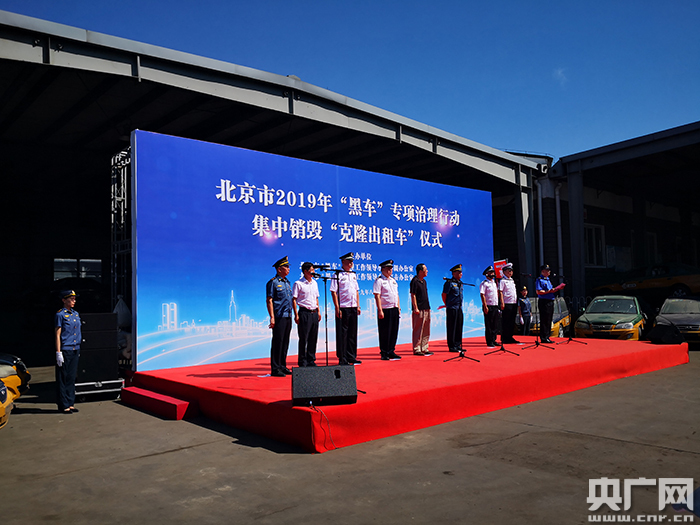
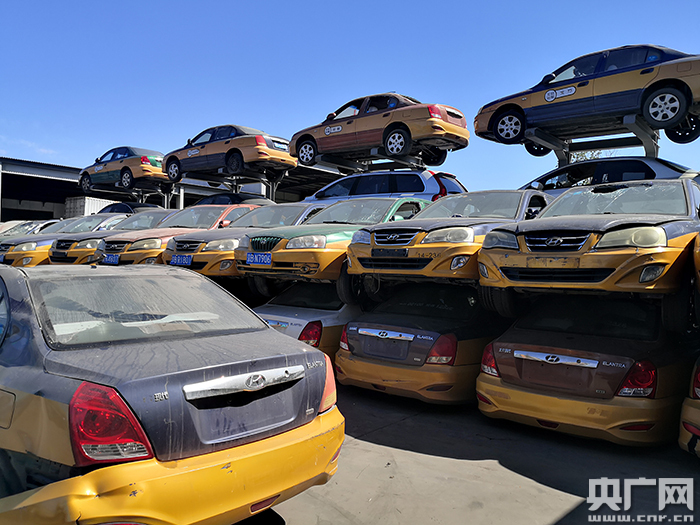
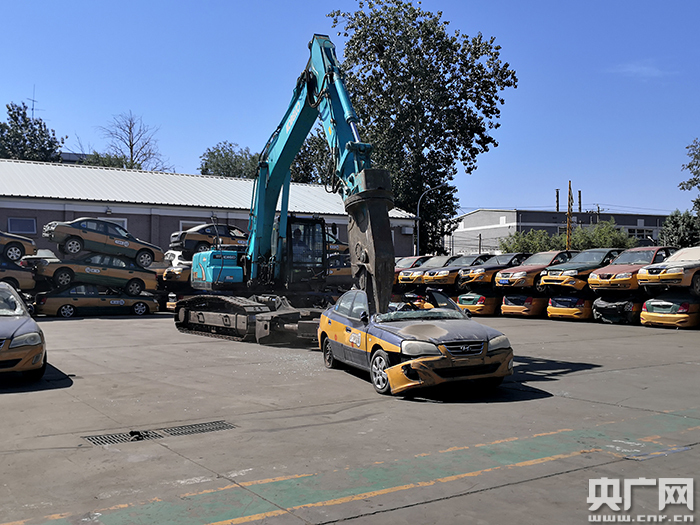



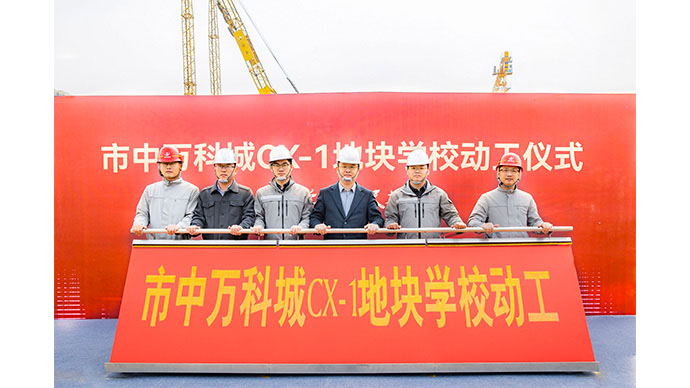
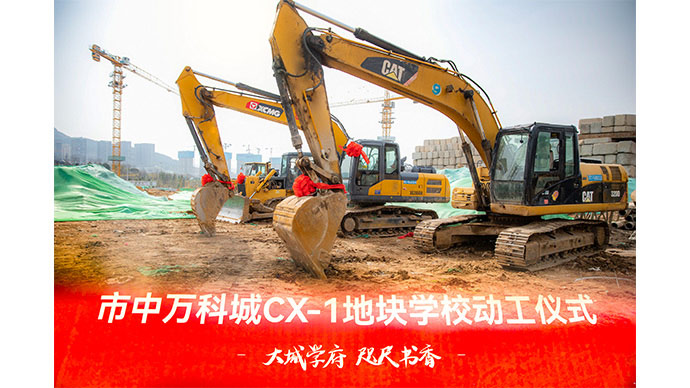
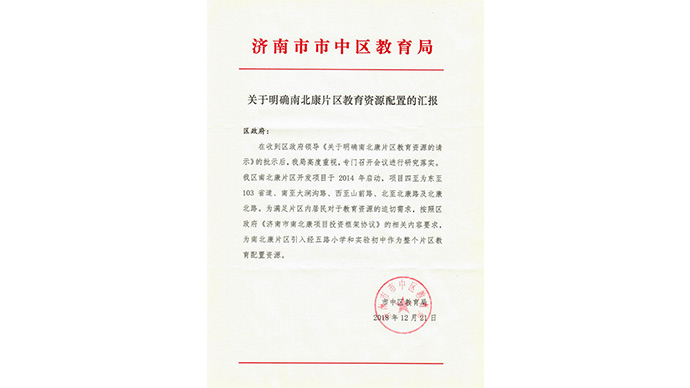
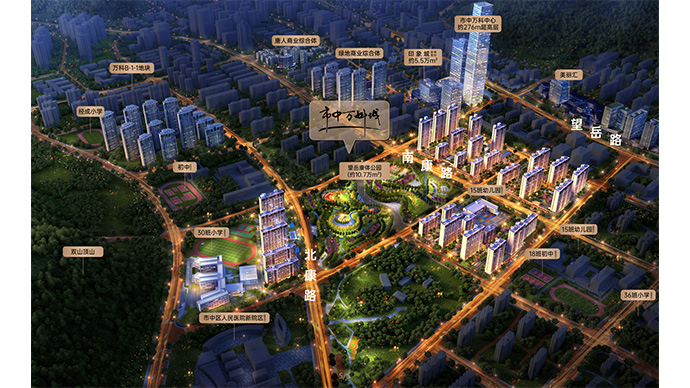
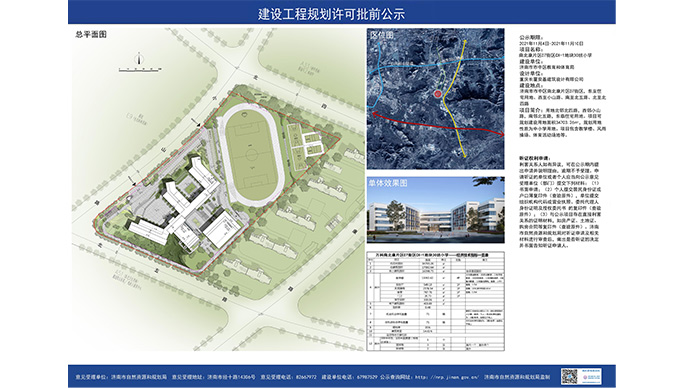

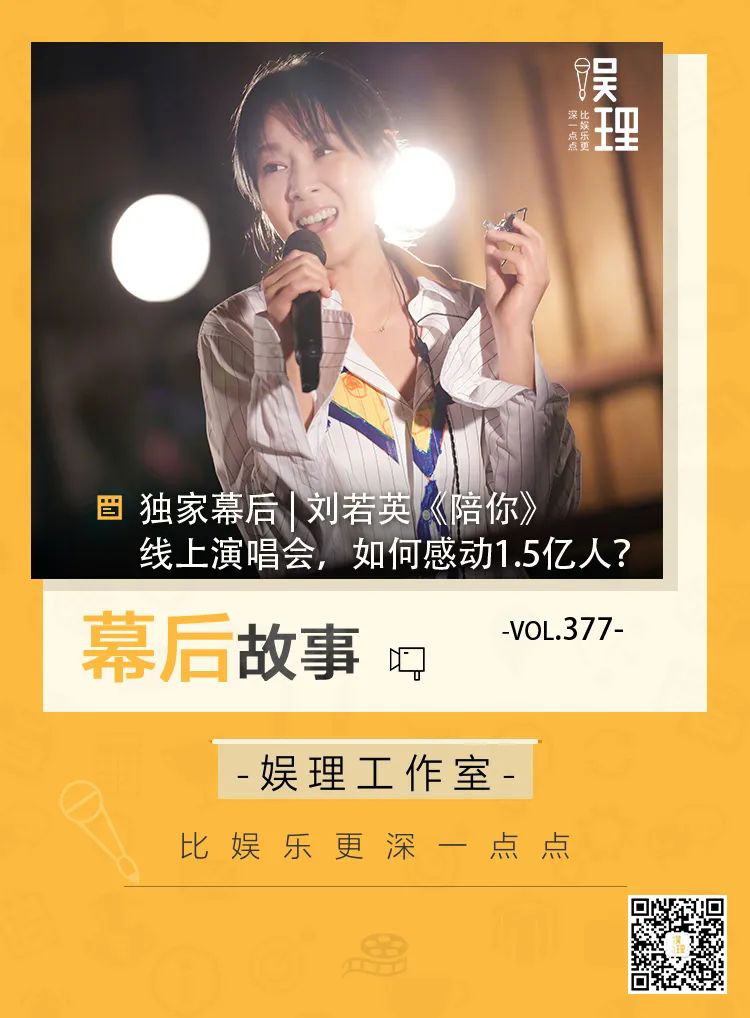
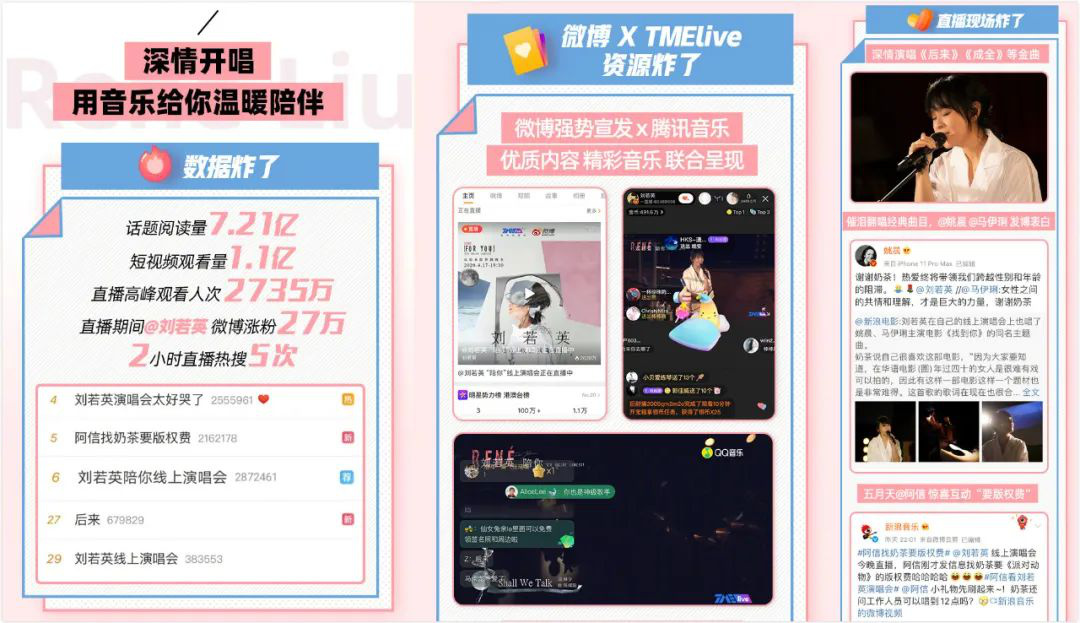
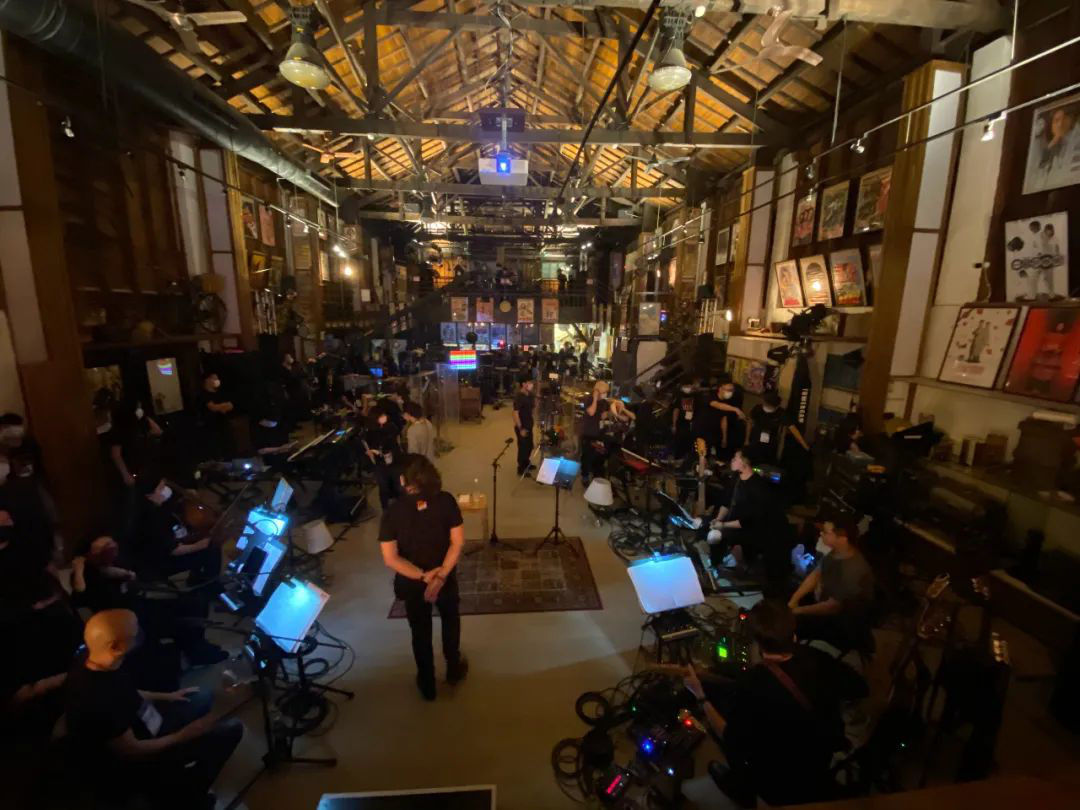

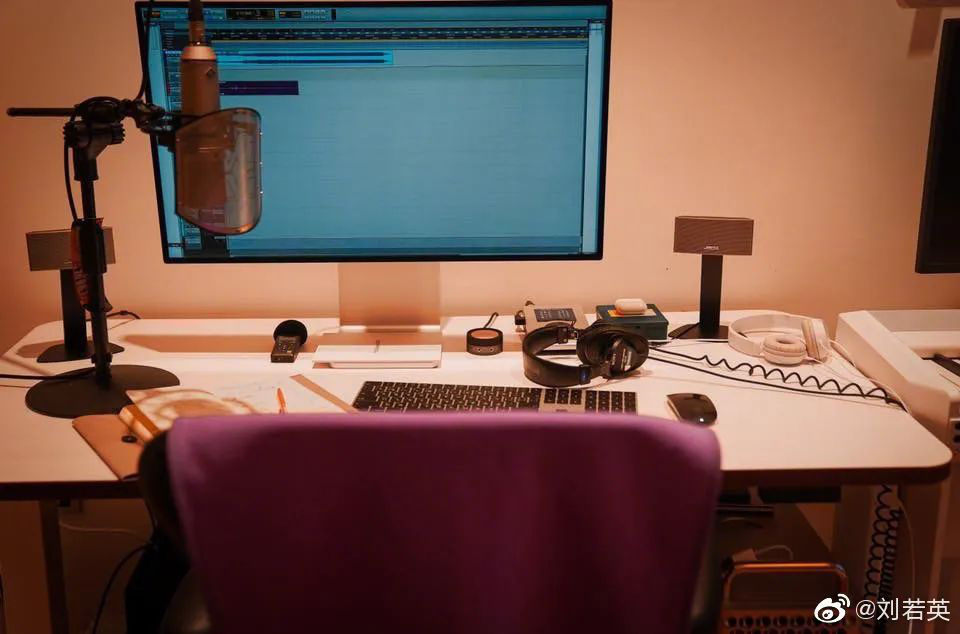
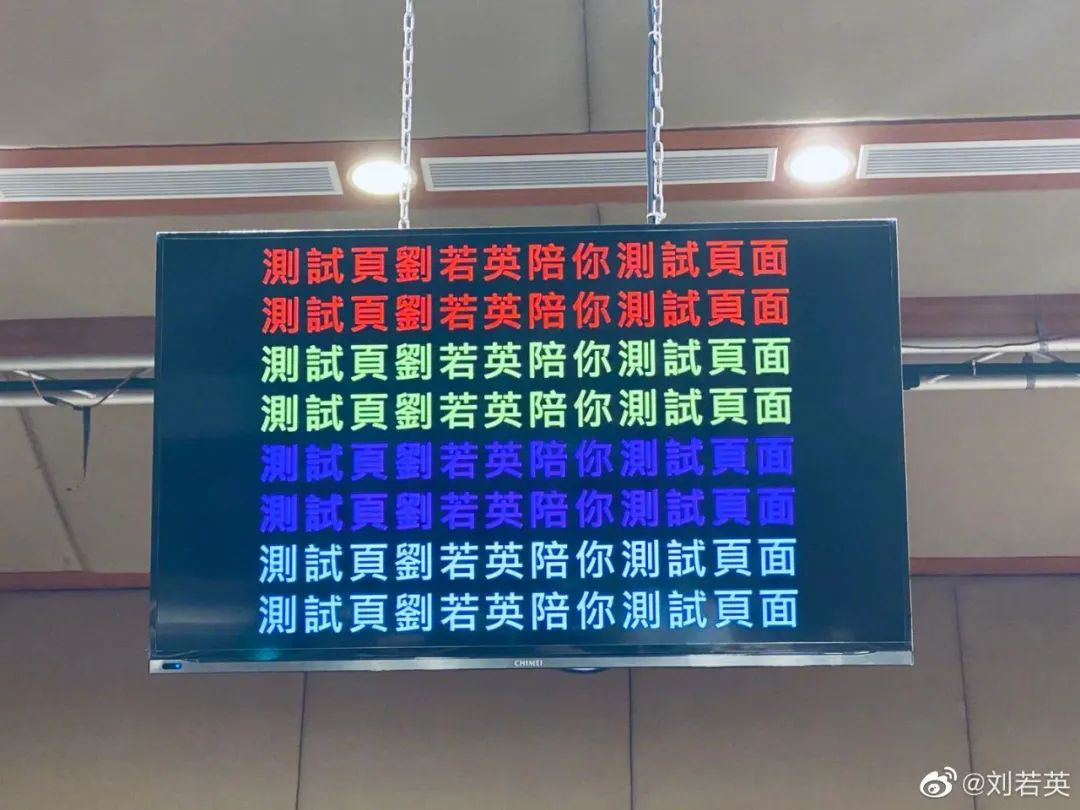



 Liu Ruoying online in the theater of the concert
Liu Ruoying online in the theater of the concert Liu Ruoying online in the theater of the concert
Liu Ruoying online in the theater of the concert
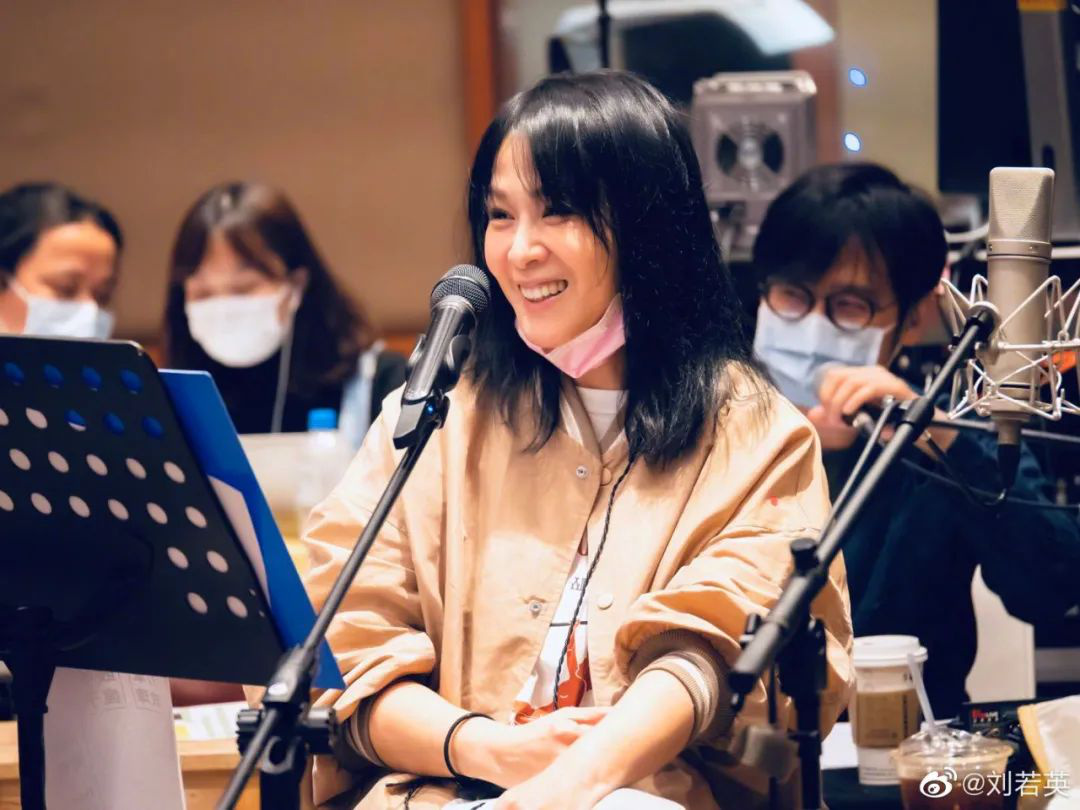
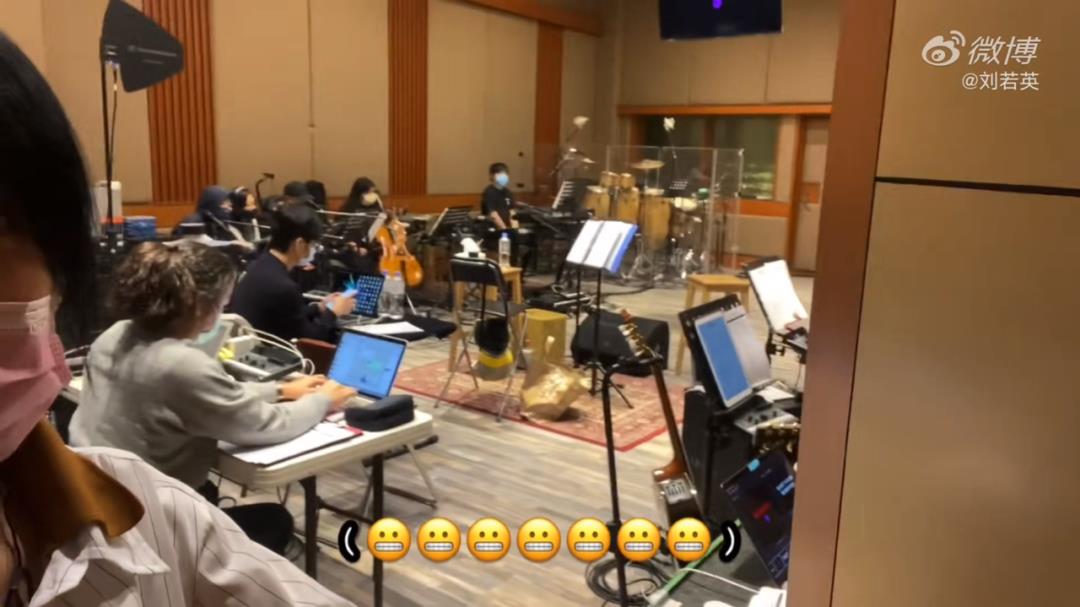

 Liu Ruoying in an online concert
Liu Ruoying in an online concert
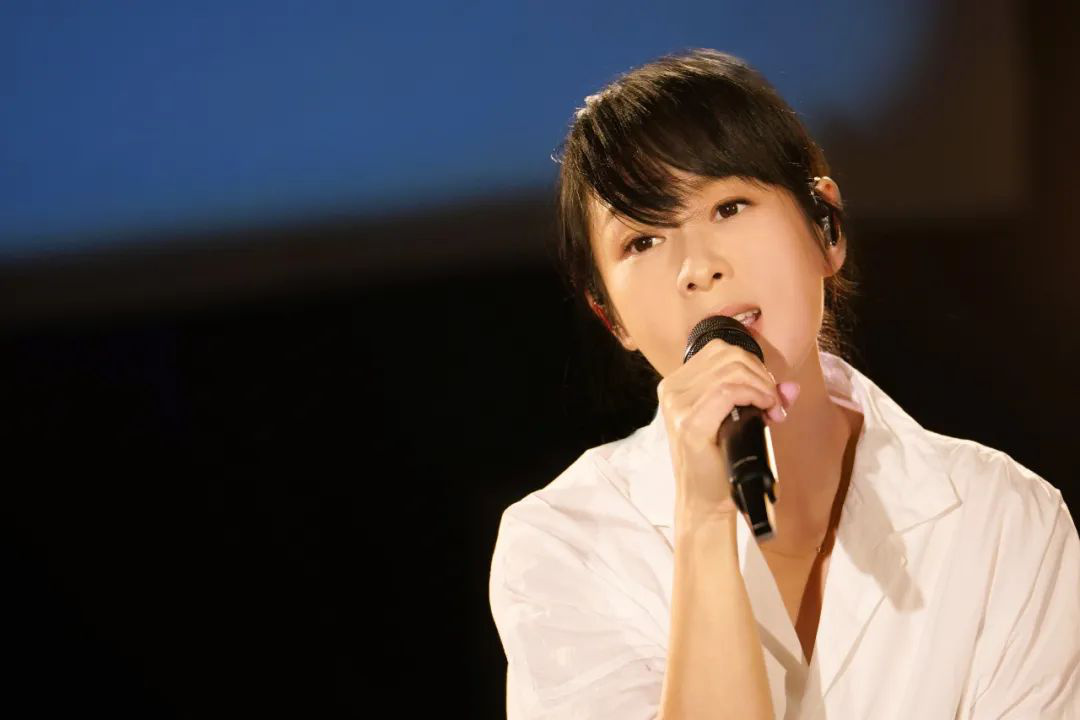 Liu Ruoying in an online concert
Liu Ruoying in an online concert Liu Ruoying in an online concert
Liu Ruoying in an online concert